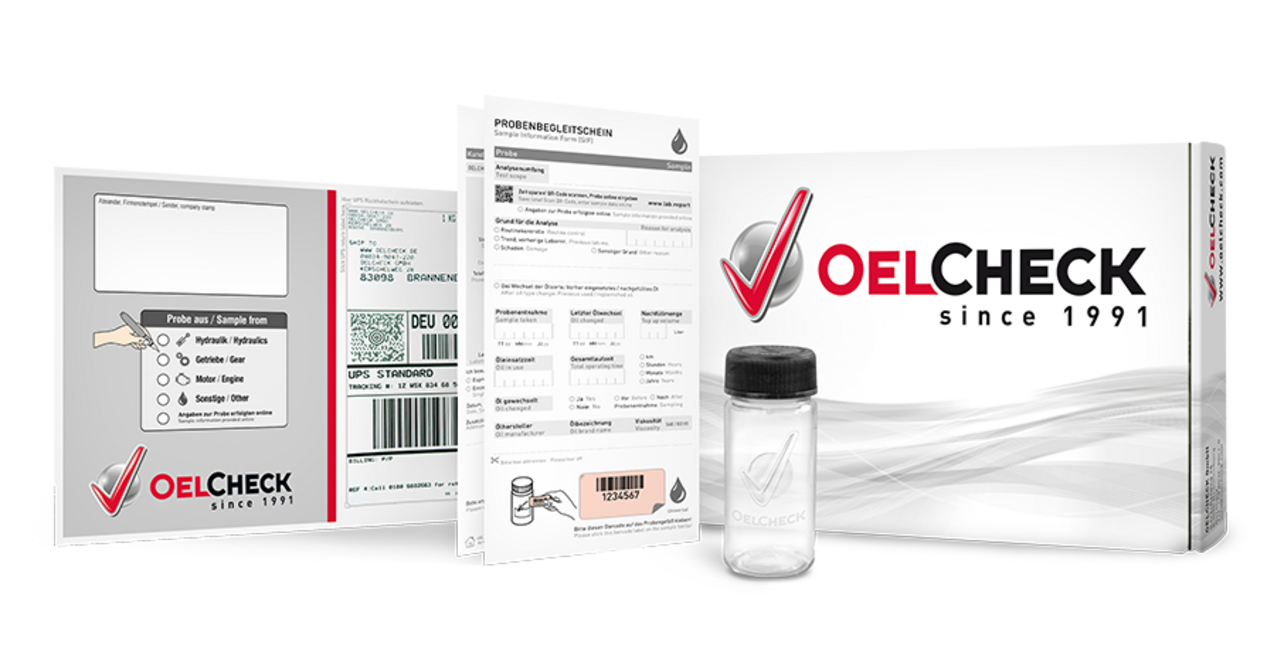Can lubricating oil go bad?
Some of our oils have been in stock for a while now.
Is it risky to apply an oil that was purchased a year or even longer ago and that does not have an expiration date on it? Do oils even have an expiration date?
OELCHECK answers:
In general, you can use oils even if they have been stored for a long time. They do not “go bad”. Therefore, there is no actual expiration date for lubricating oils. Even if there is an indication that the oil should be put to use before a certain date, this does not imply that units or engines are not reliably lubricated afterwards. If oil in gears of units and in oil circulation systems of turbines can be in action for more than 10 years and does hardly age, why should it go bad if it is stored unused? However, to ensure that you really do not take any risks when storing oil for a long time, the following basic rules must be observed:
- Avoid storing barrels and other lubricant containers outdoors. The oil storage should be a dry room without large temperature fluctuations.
A temperature difference of 50 °C leads to an oil volume change of roughly 7 liters in a barrel filled with 200 liters of oil. This leads to excess pressure when the oil heats up and to underpressure when the oil cools down again. Even an apparently tight oil reservoir with no oil leaking out can "breathe" on account of the relatively high coefficient of expansion of the oil. In this process, air enters, which can be moist. At lower temperatures, the moisture can form condensation water, which may accumulate in the oil.
- Never store barrels vertically, but horizontally. This is especially important if temporary outdoor storage should ever be unavoidable. This will prevent any rainwater from collecting on the barrel lid and entering the container through the barrel breathing. The bungholes should be covered with oil, as they are oil-tight but not always gas-tight. This can reduce the breathing of humid air.
- Only open an oil container if you really need to remove oil. Always close an opened container immediately and with the utmost care.
- The additives and active ingredients contained in the oil are dissolved in the oil and remain in solution for several years. Nevertheless, you should move or roll a long-stored oil barrel before opening it. The contents are mixed in the process. This is particularly important because the antifoam additives contained in almost any oil can separate. These are usually based on silicones, which are not soluble in lubricants, and can "skim off" if stored for a long time. By moving the barrel slightly, you are making sure that these anti-foam additives are reconnected to the oil in an even concentration.
- All oils containing solid lubricants such as molybdenum disulfide (MoS2) or PTFE must be thoroughly stirred beforehand.
If you follow these instructions, you can also safely store your oils for a longer period of time.
OELCKECK can offer tests in our lubricant laboratory for many properties of the fresh oil defined by the manufacturer.




